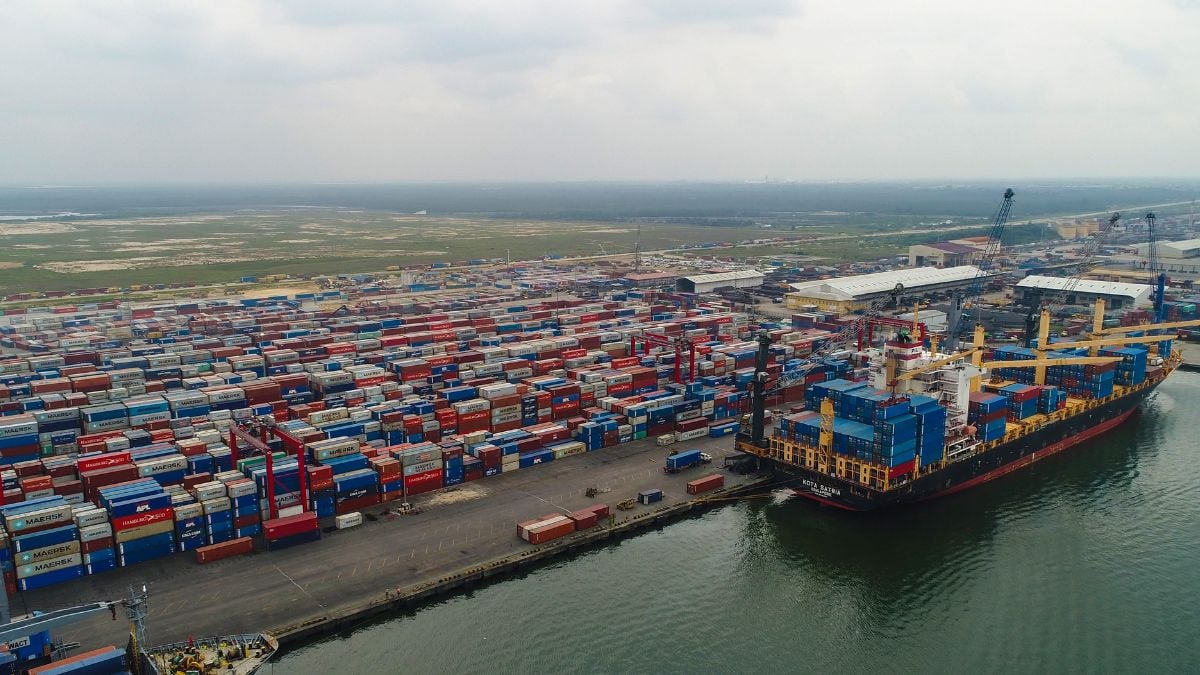The Central Bank of Nigeria (CBN) has increased the exchange rate for calculating tariff and import duties collection at the Nation’s seaports and airports by 14 percent. The Central Bank of Nigeria (CBN) hiked the customs exchange rate to N1,327.35 per dollar, a jump of N162.51 from the previous rate of N1,164.84.
This increase comes as the Naira loses value against the US Dollar in the foreign exchange market. Over the past week, the naira has experienced significant depreciation in official and parallel markets. Data from FMDQ shows the Naira lost N79 against the Dollar yesterday, Monday, the 29th of April. At the end of the day, the naira had fallen to N1,419/$1 in the investor’s and Exporters’ window from N1,234.49 at the beginning of last week. The recent depreciation extends a concerning trend, as it marks the Naira’s eighth consecutive weakening session.
This depreciation directly impacts Nigeria’s customs exchange rate, which has historically fluctuated alongside the broader market. The new customs exchange rate for duties is similar to the one used by the Naira, which was trading on the official market on Monday at around N1,350 per dollar. However, the CBN’s recent decision is not without its critics. The Centre for the Promotion of Private Enterprise (CPPE) has consistently advocated for a fixed customs exchange rate of N1,000 per dollar for at least six months. According to the CPPE, this would provide much-needed stability for businesses involved in international trade.
Related Articles:
However, the CBN has been known for taking different approaches to address the depreciating Naira. In March, the CBN also raised the Monetary Policy Rate (MPR) by 600 basis points in an attempt to curb inflation and stabilize the exchange rate. The apex bank also sold dollars to Bureau de Change (BDC) operators at a discounted rate to increase liquidity in the market. Recently, the Economic and Financial Crimes Commission (EFCC) received a court order to freeze over 1,000 accounts allegedly involved in illicit foreign exchange transactions. Currently, Nigeria relies heavily on imports, including agricultural products and ingredients for food and drinks. The increase in tariffs and import duties inadvertently affects food prices within the country.












This Post Has 0 Comments